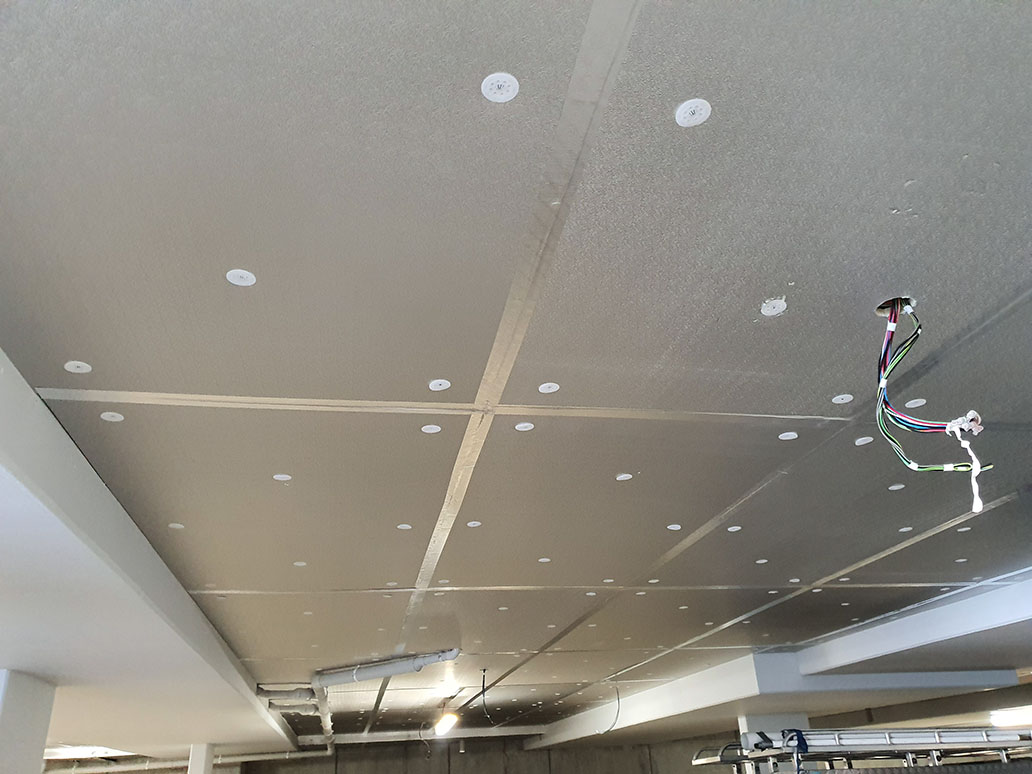Soffit Board Insulation: The Importance for Energy Efficiency
19 September 2023
Enhance the energy efficiency of buildings through soffit board insulation by D&D Insulation Services. Explore the benefits of adding this type of insulation.
When formulating a comprehensive insulation strategy for buildings, contractors must opt for soffit board insulation alongside other insulation elements in walls, roofs, and floors. Through this component, building owners can expect their properties to conserve energy, reduce heat loss and gain, prevent thermal bridging, and many more benefits.
If you are thinking of adding insulation to your soffit boards, here are some benefits you can expect from it once installed.
Intact Thermal Envelope
Thermal bridging occurs when a break in the continuity of insulation is present, contributing to heat transfer between the conditioned and unconditioned spaces. Soffit boards, which are installed underneath the eaves of a roof, can create thermal bridging if not properly insulated. Insulating soffit boards can prevent heat transfer through the roof, making sure that the building’s thermal envelope remains intact.
Reduced Heat Loss and Gain
Soffit board insulation can also regulate the temperature inside the building by reducing heat loss during cold weather and minimising heat gain during hot weather. By providing an additional layer of insulation, your soffit boards can maintain a comfortable indoor environment, reducing the reliance on heating and cooling systems. Soffit board insulation can also lower energy consumption by a huge percentage.
Enhanced Air Tightness
Properly insulating soffit boards help improve the air-tightness of a building. Insulation creates a barrier against air infiltration, preventing drafts and reducing the loss of conditioned air on your property. Improved air tightness likewise reduces the need for constant heating or cooling to compensate for air leakage, which leads to energy savings and improved comfort.
Prevent Condensation
Soffit board insulation plays an essential role in preventing condensation issues. In areas where warm and moist air meets a cold surface, condensation can occur. Insulating the soffit boards can maintain a consistent temperature and prevent condensation from forming. Subsequently, it mitigates the risk of moisture-related problems such as mould growth and structural damage.
Sound Insulation Support
In addition to thermal and energy efficiency benefits, soffit board insulation can also contribute to sound insulation. Insulating the soffit boards can significantly reduce the transmission of external noise into the building, creating a quieter indoor environment. This feature can be beneficial for buildings located in noisy urban areas or near transportation routes.
Long-Term Cost Savings
Investing in soffit board insulation may require an upfront cost, but it offers significant long-term cost savings. By reducing energy consumption and improving thermal comfort, soffit board insulation can lower heating and cooling expenses. The energy savings over the lifespan of the building can, ultimately, outweigh the initial investment in insulation.
When planning construction or retrofitting projects, you must heavily consider the insulation of soffit boards as part of a comprehensive energy efficiency strategy to attain these benefits. By prioritising soffit board insulation, you can possess a building that is not only environmentally friendly but also provides a more comfortable indoor environment for occupants.
Optimized by: Netwizard SEO

